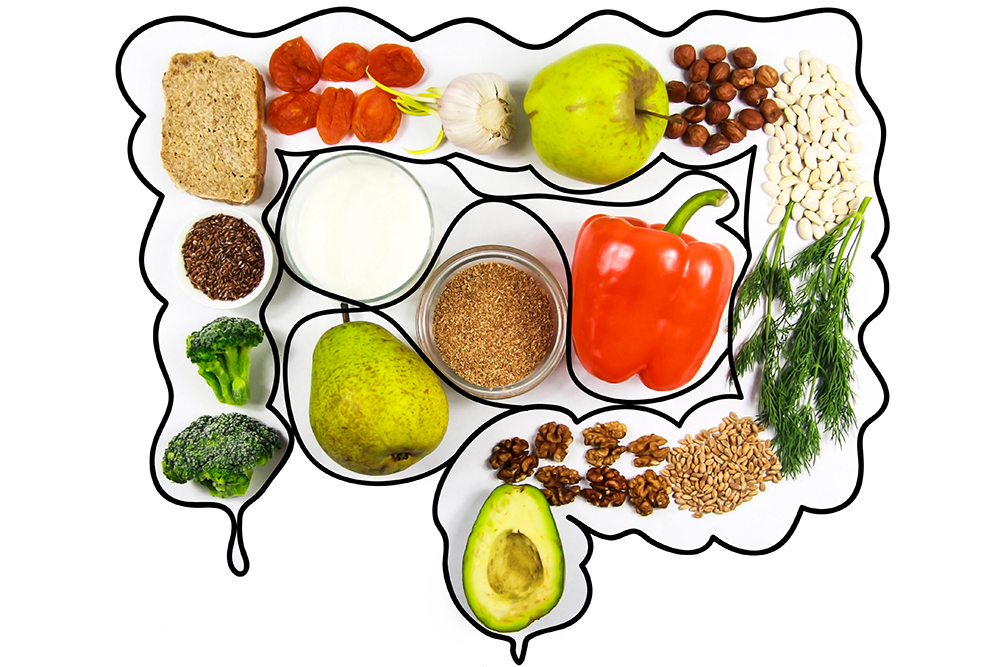
Food and the digestive system have a love/hate relationship. For most women, it’s a part of life. But if you have irritable bowel syndrome or another digestive disorder, it’s a problem. A low-FODMAP diet may help.
What Are FODMAPs?
If your gastroenterologist diagnosed you with IBS, chances are they recommended a low-FODMAP diet to help manage your symptoms.
FODMAP stands for Fermentable Oligosaccharides, Disaccharides, Monosaccharides And Polyols. These are specific carbohydrates found in many of the foods you eat. There are low-FODMAP foods and high-FODMAP foods. High-FODMAP foods can cause diarrhea, constipation, gas, bloating and cramping. A low-FODMAP diet restricts high-FODMAP foods.
The diet has two phases: 1) Elimination and 2) Reintroduction. The two-phase process helps determine which foods your body can tolerate and which foods trigger symptoms. It’s a multi-week process that requires a bit of a commitment.
Should You Try a Low-FODMAP Diet?
If you don’t have a medically-diagnosed digestive disorder, the low-FODMAP diet probably isn’t for you. If you have IBS with ongoing symptoms that you are unable to manage through stress management methods or basic food restrictions like limiting alcohol, caffeine, spicy foods and other common triggers, you might consider giving this a try.
The low-FODMAP diet is complex. Our registered dietitians can help you get started, offer support and provide additional resources. Our outpatient nutrition counseling services require a doctor referral.
Related Articles

November 7, 2024
10000 Steps Good Enough
How many steps did you log today? It’s a popular question, and the gold standard answer is 10,000. Yet, depending on your health goals, you may need to pick up the pace.

June 1, 2019
5 Day Meal Prep
Who says eating healthy has to be difficult? One of our Registered Dietitians shows us how easy it can be to prep lunches for a busy week.

June 1, 2019
5 Foods With Health Benefits
Dark ChocolateBoost your mood and your memory (think antioxidants) by savoring dark chocolate. It may also help your heart health. Just 1 oz. is all it takes...

December 9, 2019
5 Free Indulgences
Are you ready for the hubbub of the holidays? The season’s festivities are always fun, but they can also wear you down. If your holiday spirit needs rechargi...

June 1, 2019
5 Minutes to a Happier You
Feeling stressed, angry or anxious? Head to the great outdoors. A new study has found that a five-minute walk can work wonders for your mood.The more natural...

July 27, 2022
5 Must Have Nutrients
Vitamins and minerals do a body good, but who has time to figure out which foods offer what benefits? This short list of five essential nutrients, opens new ...


